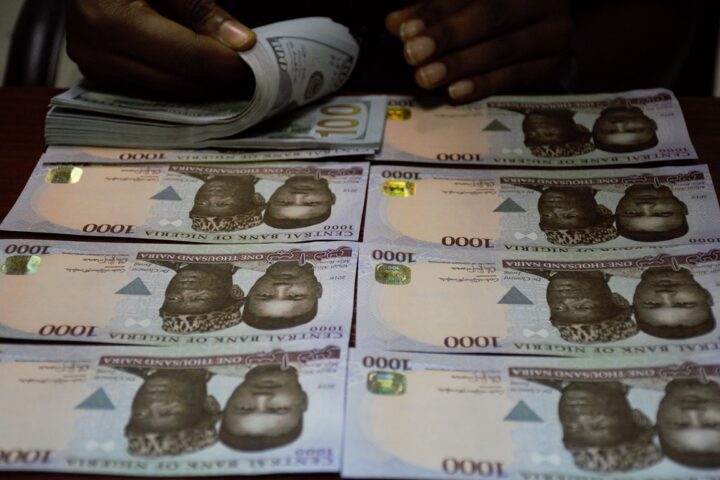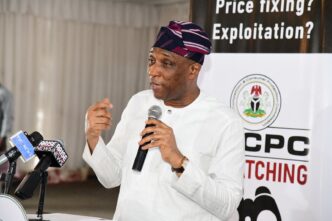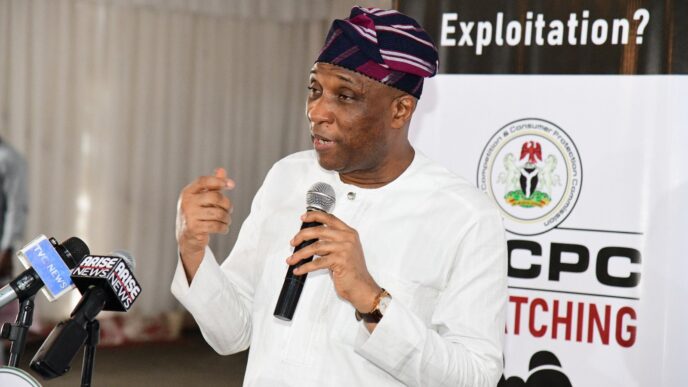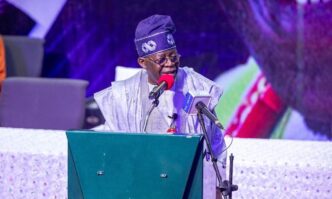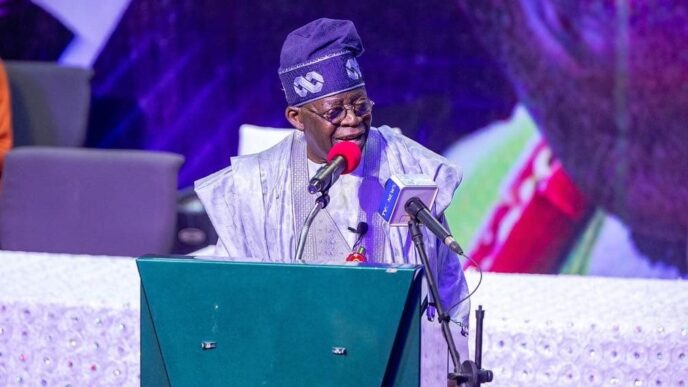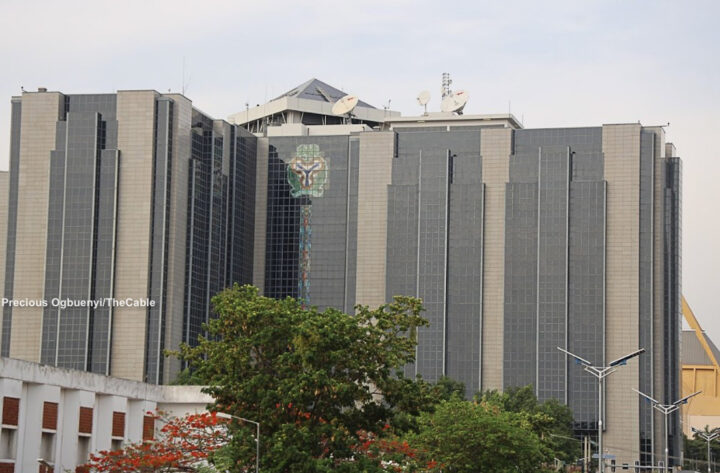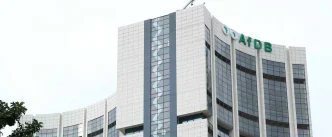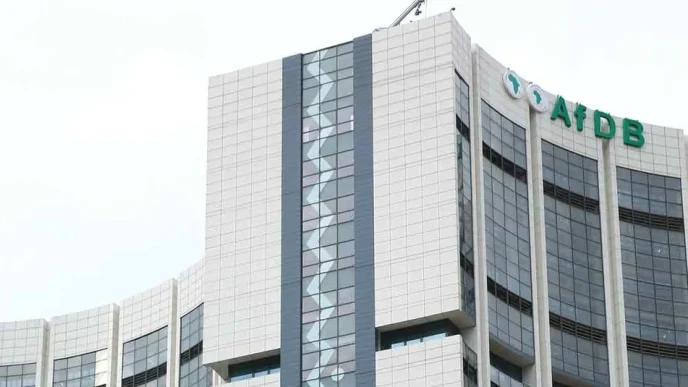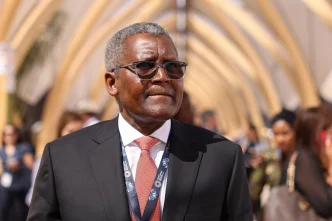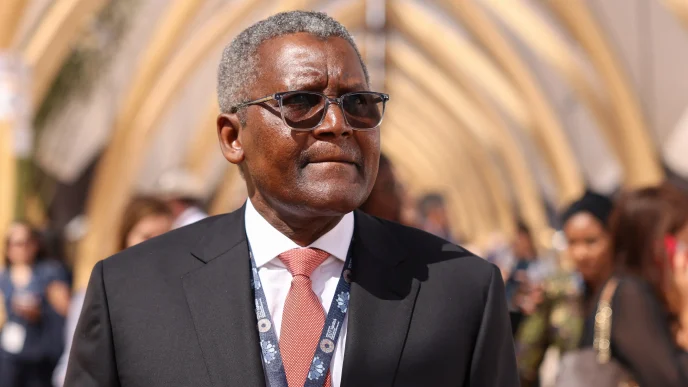Abdulkarim Obaje, the national coordinator of the Nigeria COVID-19 action, recovery and economic stimulus (NG-CARES), says about N625 billion has been disbursed to all 36 states through the scheme.
Obaje spoke on Thursday during a peer learning and experience-sharing exercise in Bauchi.
The NG-CARES is an initiative of the World Bank and the federal government to support the recovery of communities, households, and businesses affected by COVID-19.
Describing the programme as one of the most successful World Bank interventions, Obaje said it has benefited over 5.3 million poor and vulnerable Nigerians.
Advertisement
He added that the scheme has been restructured to support victims of flooding and other related shocks.
In her remarks, Elizabeth Egharebwa, chairman of the federal CARES technical committee, expressed satisfaction with the programme’s achievements over the last three years.
She said the initiative has been working with communities and agencies to alleviate burdens of the poor and vulnerable Nigerians.
Advertisement
Represented by Adamu Gizos, director of special duties and projects at the federal ministry of labour, Egharebwa stressed the importance of the peer learning event in addressing complex challenges.
“While we are proud of what we have accomplished thus far, we know there is still much work to be done,” Egharebwa said.
“That is why this peer learning event is so critical. By convening diverse perspectives and experiences, we can collectively identify solutions to the complex challenges we face.”
Also speaking, AbdulAzeez Olorunshola, representing the Nigeria governors’ forum (NGF), said the event is designed to foster sustainable collaboration among states, promoting better understanding and effective peer learning methods.
Advertisement
Also speaking, Bala Mohammed, governor of Bauchi state, commended the NG-CARES for its impact on food security, small businesses and social intervention.
Mohammed, represented by Simon Yalams, commissioner for agriculture and food security, said the programme encouraged applications of information communications technology (ICT) in providing infrastructure and services.
He urged communities to protect and maintain the facilities provided for sustainable social and economic development in the country.
“The peer learning and experience sharing exercise is coming at a time when the phase one cycle of the programme is about to terminate,” Mohammed said.
Advertisement
“This will therefore provide an avenue for participants to articulate and consolidate all the strategies, techniques and skills applied and used in the implementation of the programme in the country.”
The governor said the lessons learnt would serve as a guide in the conception of development of future programmes, particularly the upcoming 2.0 phase, whose concept and framework are nearly finalised.
Advertisement
Add a comment
